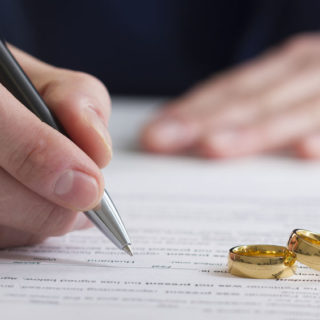How to obtain a marriage licence in Poland
If you are a foreigner who wants to get married in Poland, there are certain official steps you need to take.
Regardless of whether you are planning a church or civil ceremony, you need to submit in your registry office a set of required documents. You will also need to present your valid identity card or passport.
The following needs to be submitted:
- your birth certificate along with its certified translation into Polish;
- if you were married before – a document which proves that your marriage ended or was dissolved or declared invalid (death certificate of your former spouse, decree absolute, final annulment decree);
- document which confirms that there are no impediments to your marriage, according to your national law.
At the meeting, the registrar will also ask you to affirm that, to the best of your knowledge, there are no impediments to your marriage.
If you don’t speak Polish, you need to be accompanied by an interpreter.
What if my country does not issue the certificate of no impediment to marriage
Some countries (e.g. the USA or Canada) do not issue the certificates of no impediment to marriage. If that’s your case, you will need to request the competent Polish court to exempt you from the obligation to submit the certificate in the registry office. Once you’ve filed your petition, the Court will summon you to a hearing. At the hearing, the Court will ask you questions to make sure the marriage can be solemnised. If your petition is granted, the Court will issue the order, which then needs to be presented in the registry office. In a separate post, I will write more about this court procedure and the questions you can expect at the hearing.
When you can get married
Once you’ve submitted all the required documents and made your affirmation, you will be allowed (usually at the same appointment) to get married. Your marriage licence will be valid for 6 months.
Image source: Pixabay








